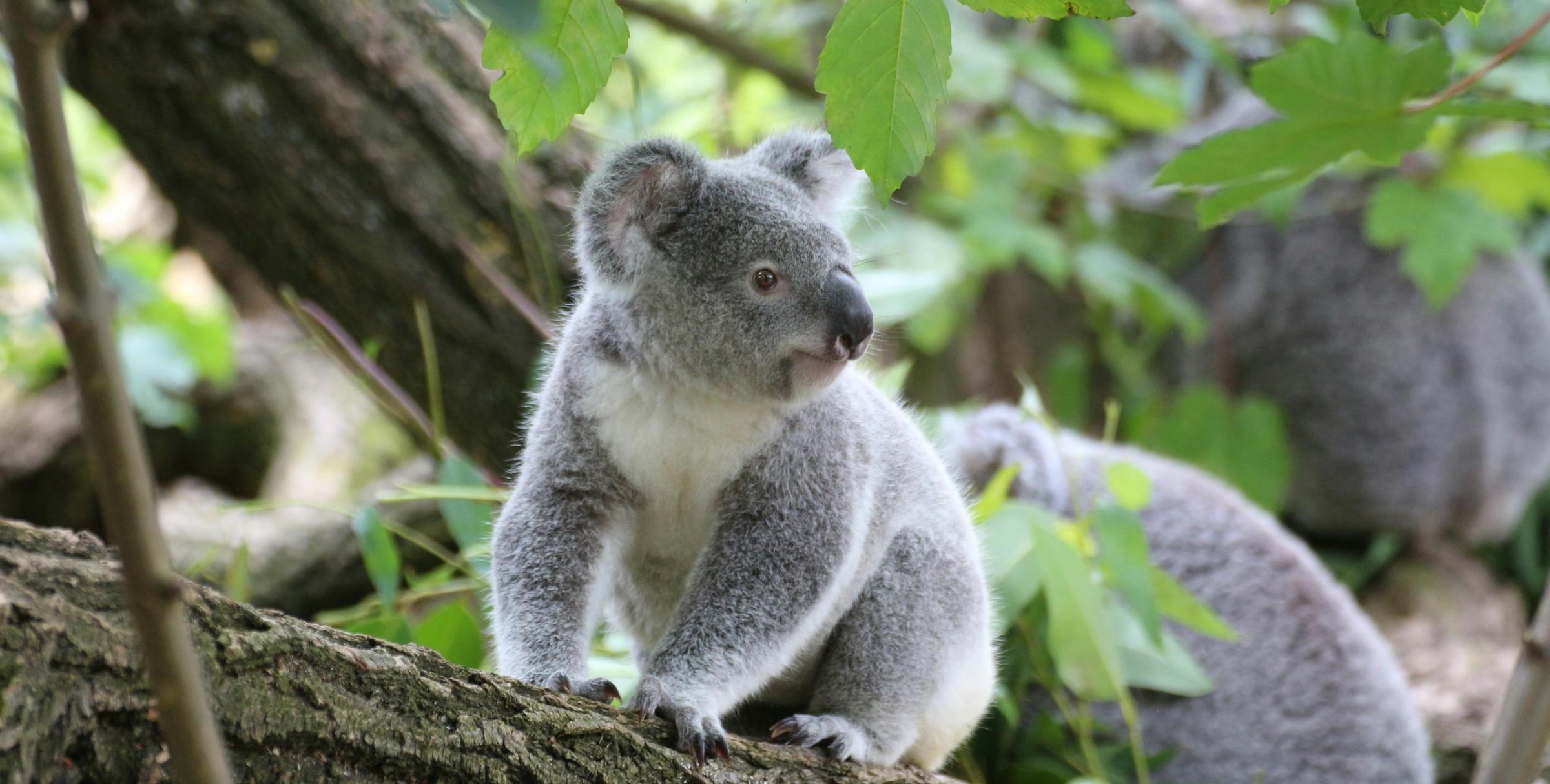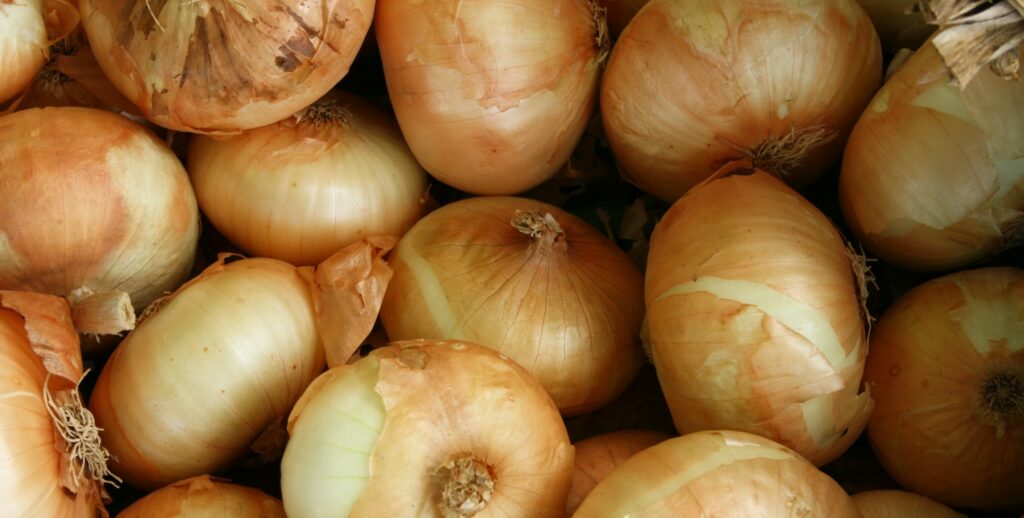Most people may think that Chlamydia is a run-of-the-mill STI that only affects humans. But this isn’t the case.
A certain strain of Chlamydia has been devastating koala populations for years, often proving fatal to the vulnerable marsupials who get it.
Scientists may have developed a cure that can help.
How has Chlamydia affected koalas?
Koalas, one of the iconic national animals of Australia, have been threatened by bacterial Chlamydia infections.
In recent decades, as many as 50% of koala deaths have been caused by Chlamydia, exacerbated by a variety of factors, including land clearances, natural disasters, feral pests, and urbanisation. Some researchers suspect that there are now only 50,000 wild koalas left in Australia. Many fear that they will go extinct in some states.
Chlamydia transmits between koalas through close contact and sexual activity. Like in humans, it can cause painful infections in the urinary tract, conjunctivitis, and infertility. But unlike humans, it can also cause blindness, and can often be fatal for many koalas that get it.
Male and female koalas can get the infection. Infant koalas, also known as “joeys”, can get the infection through feeding from the mother’s pouch.
What vaccine has been developed?
Scientists at the University of the Sunshine Coast, over the last decade, have developed an injection to help curb the spread of Chlamydia among koalas. With clearance given by several regulators, researchers are hoping to receive funding to distribute the vaccine to wildlife hospitals, veterinary clinics, and wild koalas.
The single-dose vaccine has been tested on many wild koalas over decades in several trials. It’s been described as the largest ever study on wild koalas.
The research team hopes to offer the vaccine for free, and that the rollout can begin as early as January next year.
A vaccine against Chlamydia has been deemed very important since normal treatment can often be fatal. Koalas that have Chlamydia are usually given antibiotics. These antibiotics often disrupt flora in the gut that help them digest eucalyptus leaves – their main source of food.
Organizations that can treat the Chlamydia in koalas will encounter many barriers. Locating, catching, and inoculating wild koalas can be very expensive.
While treating Chlamydia in koalas will help population numbers, habitat loss remains the main threat to koala survival.
Can koalas transmit Chlamydia to humans?
While the Chlamydia that humans get is related, it is a different strain from the one that affects koalas.
In humans, the infection is caused by a bacterium called Chlamydia trachomatis, which passes between people during sexual contact. Koalas suffer from Chlamydia pecorum.
Both Chlamydia trachomatis and Chlamydia pecorum share an evolutionary history, but diverged during a process of co-evolution. These two pathogens adapted to survive in different hosts, so they can’t be transmitted between species. The cellular environments and immune systems of the two species are too different.
However, some researchers speculate that Chlamydia pecorum may have been passed on to koalas from livestock like sheep or cattle brought over from overseas during the settlement of Australia.
Final thoughts
If you’re worried about a Chlamydia infection, it’s always a good idea to get tested. Testing often when you’re sexually active can help you identify infections that you can then treat.
Book an STI test with Better2Know by clicking the button below.





